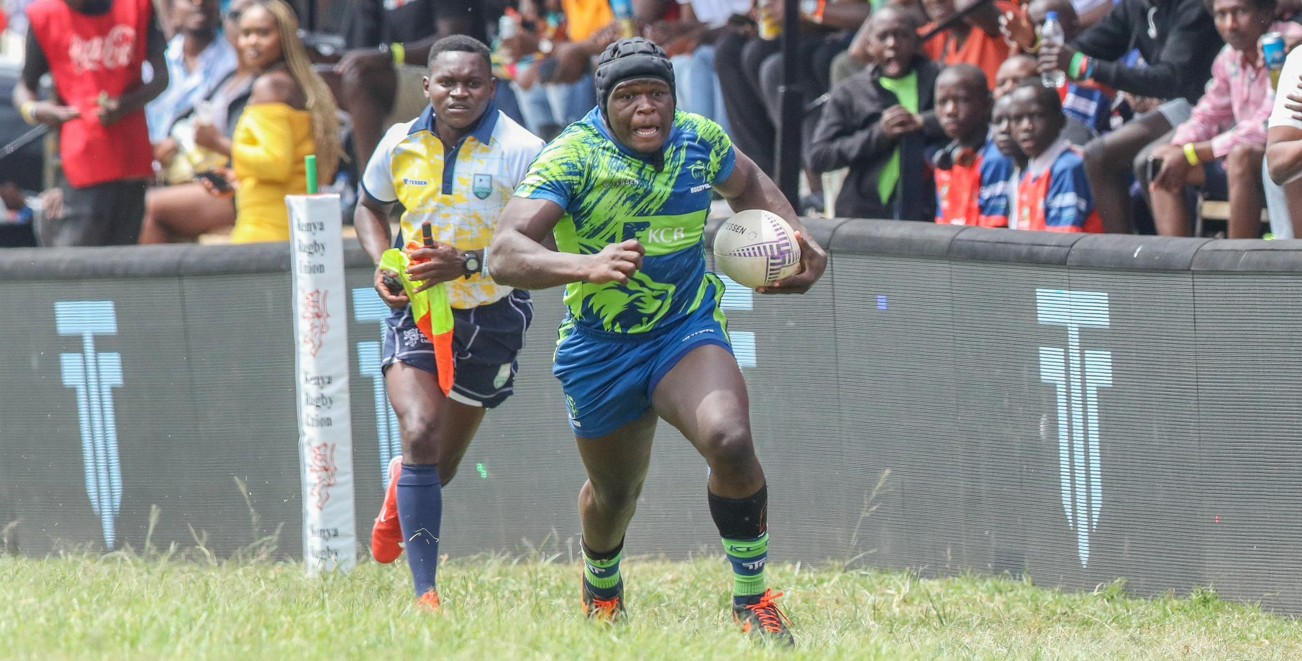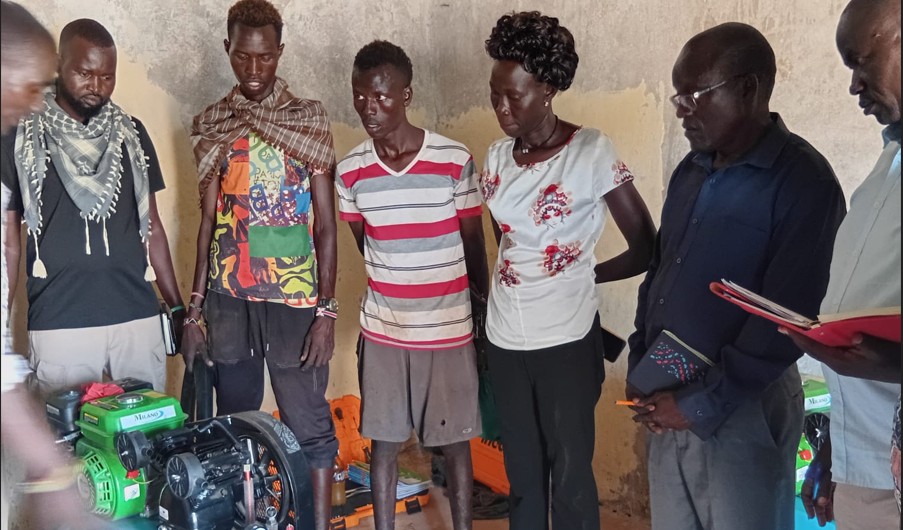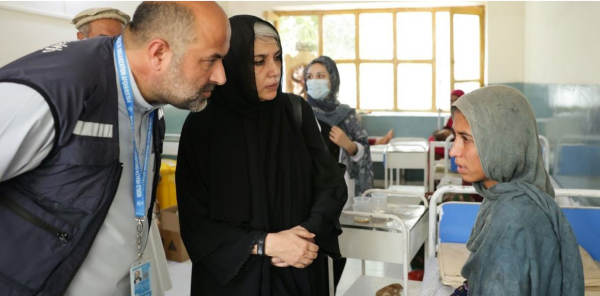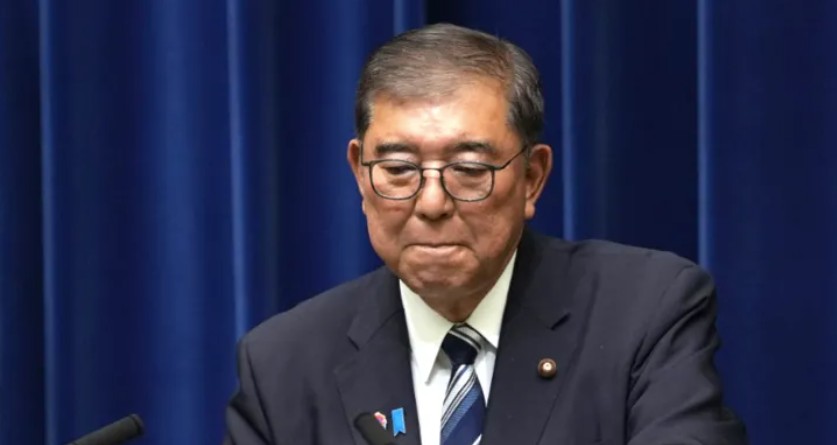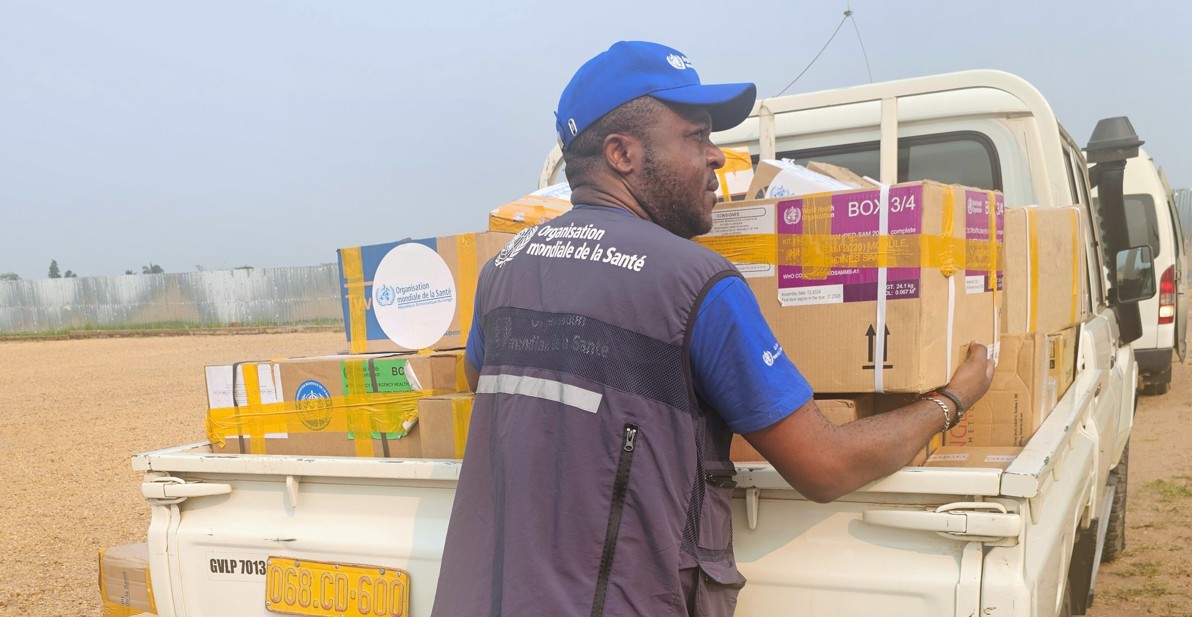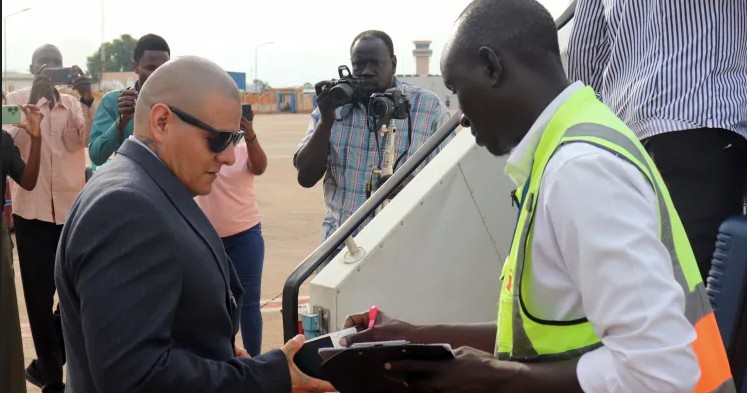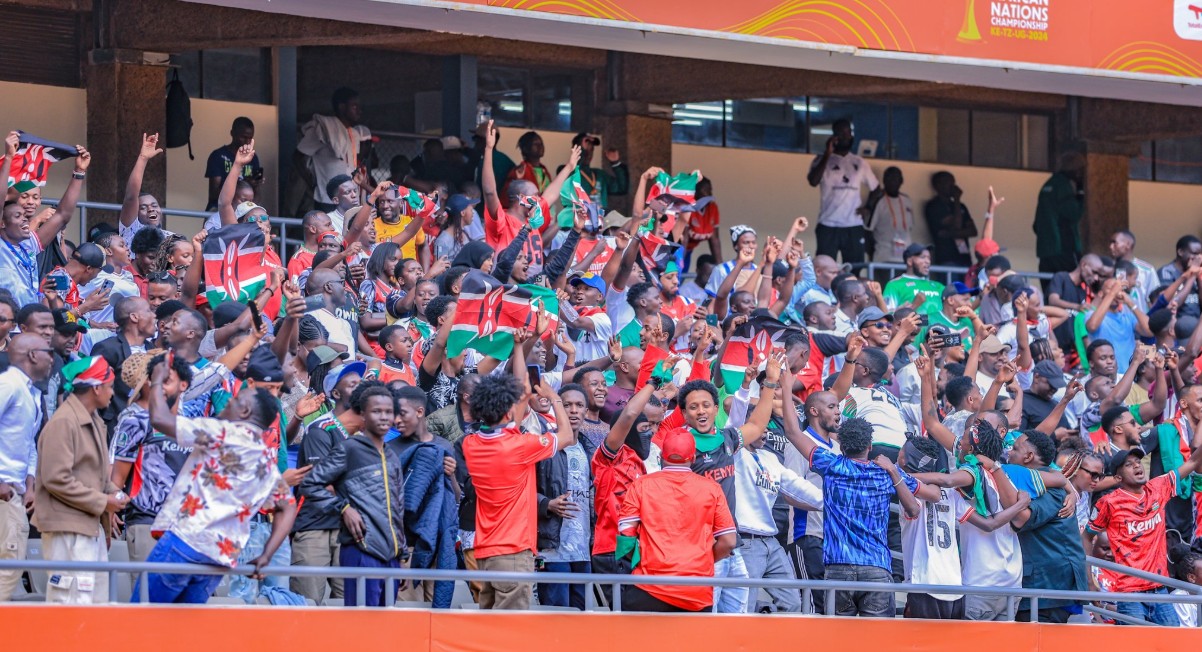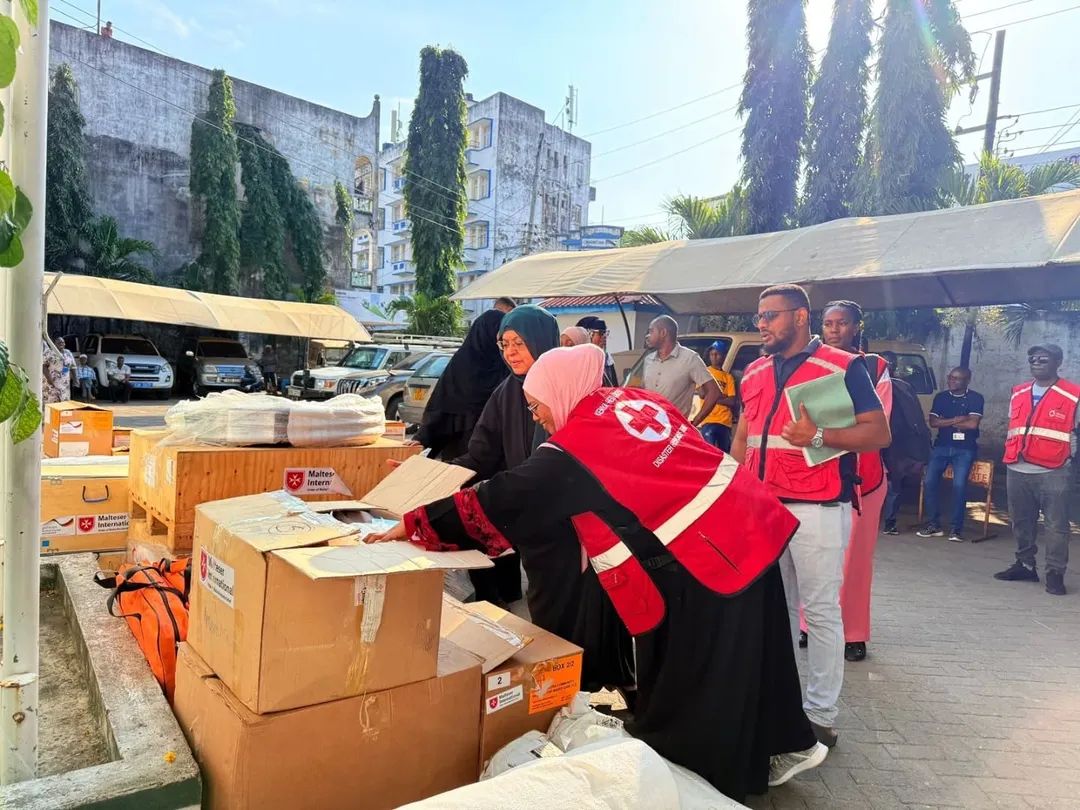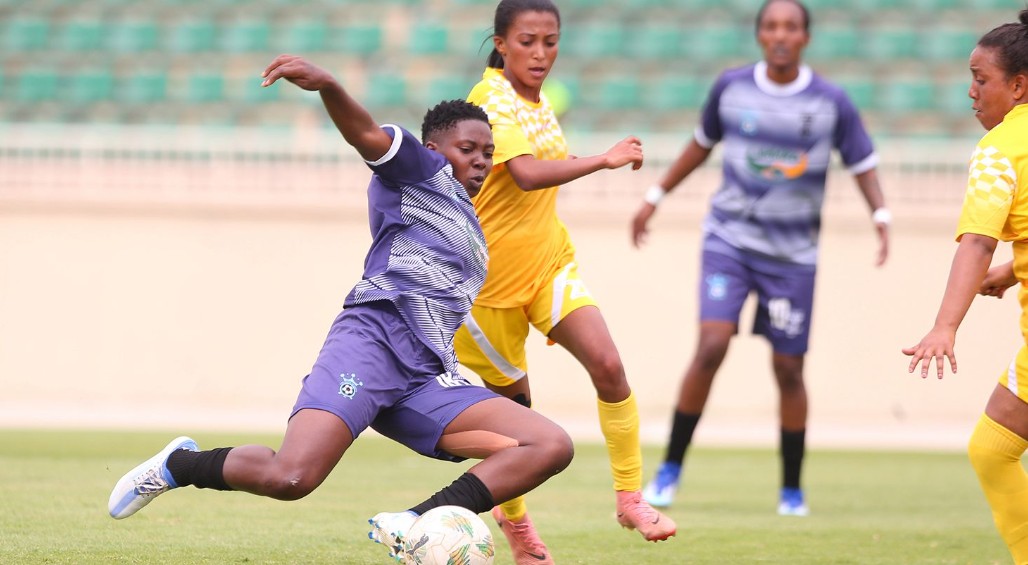Two years later, BATUK probe stalls as Kenyan delegation remains silent during UK visit
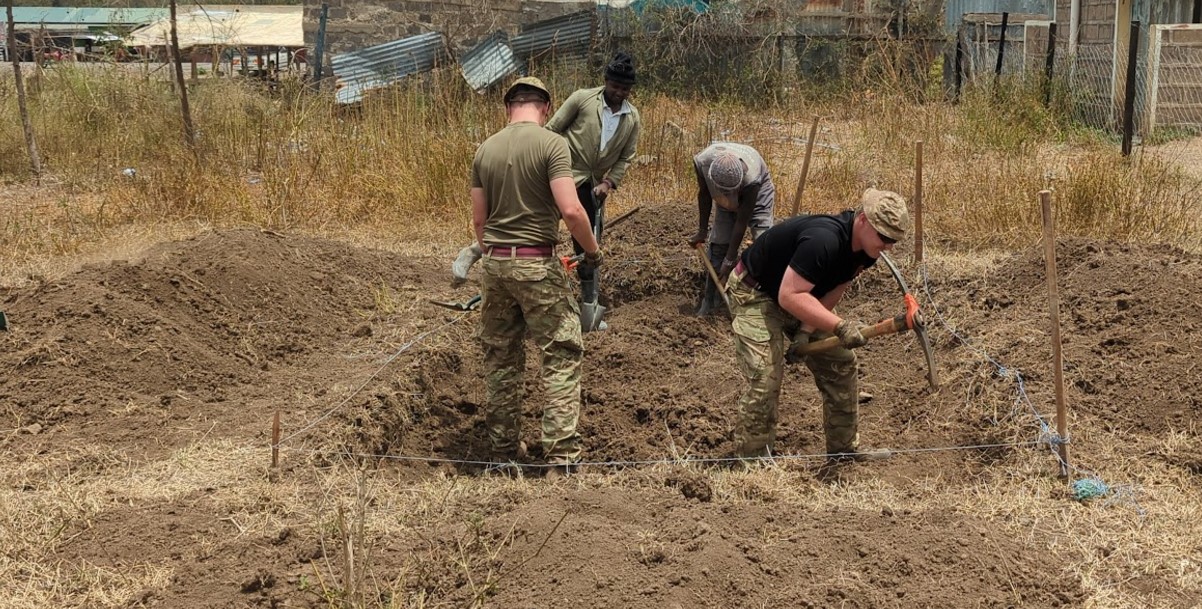
Yet beneath the polished dispatches and promises of green growth and trade, a festering issue was quietly sidestepped — again. The elephant in the room remains the British Army Training Unit in Kenya (BATUK), long accused of abuses on Kenyan soil.
President William Ruto's high-profile visit to the United Kingdom this week culminated in a renewed strategic partnership and a photo-friendly bilateral meeting with Prime Minister Keir Starmer.
Yet beneath the polished dispatches and promises of green growth and trade, a festering issue was quietly sidestepped — again.
More To Read
- Union demands full implementation of Ruto’s directive on UHC staff absorption
- Nairobi women caucus fault Ruto, Raila for scuttling Sakaja's impeachment
- LSK President Faith Odhiambo vows victim-centred justice for protest and riot victims
- Legal experts warn top politicians against saving governors from impeachment
- Maraga urges President Ruto to order withdrawal of Jubaland forces from Mandera
- Resign if you can’t adapt: Ruto warns state officials opposing e-procurement
The elephant in the room remains the British Army Training Unit in Kenya (BATUK), long accused of abuses on Kenyan soil.
Two years after Parliament approved a formal probe into alleged crimes committed by British soldiers, including sexual assault, environmental damage, and unlawful killings, Nairobi has been conspicuously silent.
The five-year Defence Cooperation Agreement (DCA) is set to expire imminently, yet no clear stance has emerged from Kenya.
Ruto's Foreign Minister Musalia Mudavadi met UK Foreign Secretary David Lammy on Wednesday.
Among the Kenyan delegation was MP Nelson Koech, chair of the Defence, Intelligence and Foreign Relations Committee and the man leading the parliamentary probe.
A senior foreign policy source familiar with the matter confirmed to this outlet: "BATUK was one of the top issues."
However, Koech has not responded to inquiries. Notably, he told this outlet on June 8 that the report on the BATUK investigation was to be concluded within a week. That timeline has passed. Meanwhile, the allegations continue.
In May, a British soldier was arrested by UK military police in Nanyuki for an alleged rape — just the latest in a long list of incidents. The accused was quietly flown back to the UK.
The British Ministry of Defence confirmed: "As the matter is the subject of an ongoing investigation by the Defence Serious Crime Command, we will not comment further."
Technically, under the revised 2021 DCA, British soldiers accused of specific crimes, including rape, torture, and national security offences, are subject to Kenyan jurisdiction. Yet in practice, enforcement remains illusory.
Foreign Affairs PS Korir Sing'oei offered a careful explanation: "The previous regime governing Kenya-UK Defence relations had an exemption clause... This has changed with the new pact."
However, he added, "Best for you to check on the specifics from DoD or AG."
This cyclical deferral of responsibility is not new. Former Attorney General Justin Muturi had previously redirected queries back to the Foreign Ministry.
Ruto's spokesman, Hussein Mohammed, said in a statement that a new DCA would be signed "subsequently," grounded in "mutual respect for the legal frameworks of both nations."
But when asked for clarity by this outlet, he did not respond.
A senior Kenyan diplomat admitted what many have long suspected, that "the framework for the UK is that its military staff cannot be prosecuted abroad. It is careful language from which the UK can walk away."
For locals in Laikipia, this legalese has tangible consequences. Residents have accused British troops of dumping explosives, causing injuries and environmental degradation.
The Lolldaiga fire of 2021, allegedly triggered by UK military training, burned swathes of forest and left toxic fumes in its wake.
Yet Parliament's probe drags on. Legislators are tight-lipped. One committee member admitted to delays caused by "bureaucracies."
Koech, who once voiced deep concern for the residents affected by these activities, now finds himself in the diplomatic quiet zone.
The committee has collected testimonies and evidence, but a final report remains elusive — a delay that increasingly appears strategic.
The UK pays Kenya roughly Sh10 million for Laikipia and Sh27.7 million for Kahawa — paltry sums for the real estate it occupies and the influence it commands.
Top Stories Today
